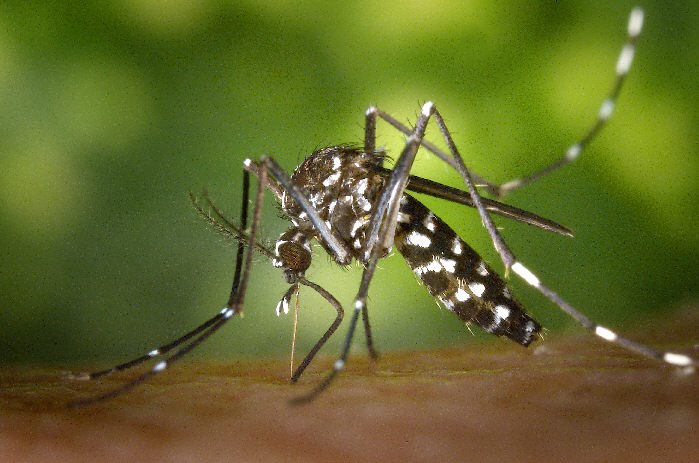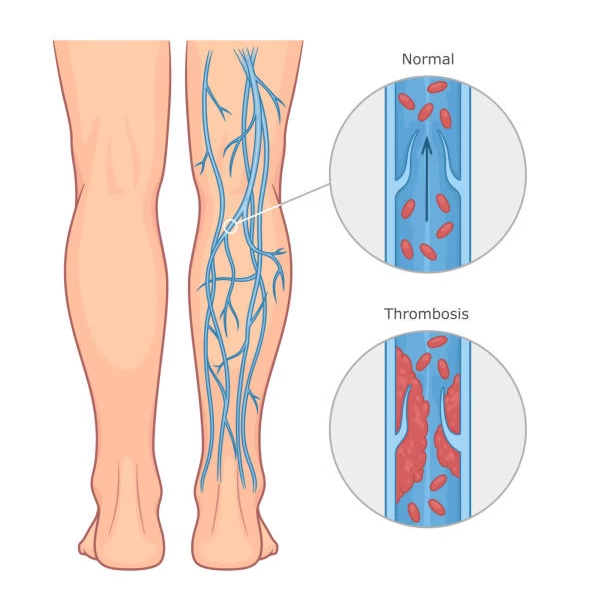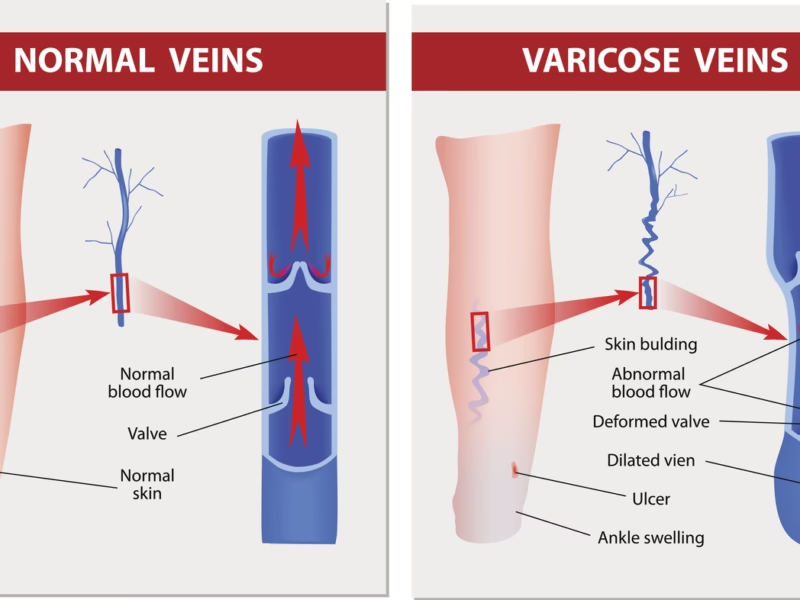There are varieties of diseases that are transmitted through mosquito bites. Internationally, mosquito-borne disease is still a very hot topic and has had many discussions to keep it under control. We are familiar with some of the diseases like yellow, malaria, dengue fever, and West Nile virus. In this article, we are going to discuss dengue, dengue fever temperature, how to prevent it, available treatments, and so on. Firstly, dengue fever is carried by a mosquito called Aedes Aegypti mosquitoes (a small black mosquito with white stripes). These primary carriers and transmitters of this virus are typically active during the day. They hide out mostly in water-filled stagnant flower pots, unused water-filled tires, and water storage containers.
Symptoms of dengue fever
Symptoms of this fever depend on the severity of the illness and vary from person to person. Most of the patients with dengue never showed any symptoms. However, mild symptoms of this fever include
- Dengue fever temperature is around 104°F (40°C)
- Sudden pain in muscles and joints
- Pain in the backside of the eyes
- Rashes
- Redness on face
- Redness in eyes
- Sore throat
- Nausea and vomiting
- Headache
These symptoms last for 2-7 days and most patients recovered automatically after a week. Then, a person may get a spike in his fever, then go away for 24 hours, and then spike again.
When can dengue fever temperature get severe?
The answer is YES. Between 0.5% and 5% of dengue fever cases become severe and turn into life-threatening. Severity occurs after 3-7 days, initially, the fever falls between 99.5 to 100.4°F and the following symptoms occur;
- Severe abdominal pain
- Vomiting more than thrice in 24 hours
- Blood in the stool
- Blood vomit
- Frequent changes in body temperature
- Rapid changes in pulse
- Rapid changes in blood pressure
Patients with such symptoms require immediate medical support.
Dengue fever treatment
Mostly the treatment involves managing the fever symptoms. Treatment for mild cases include
- Keeping your body hydrated, i.e. drinking plenty of water
- Taking good rest
- Common medications like paracetamol or Tylenol to reduce fever can be taken.
In worst cases, the patient may require
- Hospitalization
- Platelet transfusion
- Blood transfusion
- IV fluid supply to the patient
Fortunately, recent advancements in the medical industry have reduced the number of severe cases, if treated initially.
How to diagnose dengue?
As the symptoms are similar to other viral illnesses like malaria and influenza, your doctor will recommend blood tests and the person’s travel and medical history.
Who are vulnerable?
Dengue fever is more common in various countries:
- Africa
- North and South America
- Australia
- South-East Asia
Around 70% of cases occur in Asian countries. Among U.S. people, a large number of cases were found in the U.S. Virgin Islands, American Samoa, and Puerto Rico.
Dengue prevention and cure
Prevention is better than cure, first and foremost, the dengue vaccine approved by the FDA help prevent the illness. It is recommended for people who are 9-16 years.
Those who had this fever in the past can also take this vaccine as suggested by your doctor.
People who live in the dengue-prone zone as mentioned previously in this article should also take vaccines to prevent the illness.
Tips to avoid mosquito bites
- Use mosquito repellents on your skin
- Try to cover your body completely by wearing clothes
- Use door and window screens to block mosquitoes from entering the home
- Avoid going out in the early evening or dawn
- Completely drain water-stagnant regions around your home.
Summarizing
Dengue fever is caused by mosquitoes. Only mild symptoms like fever, rash, body pain, etc. are seen in many cases. The severity of this fever is when persistent vomiting or blood vomiting occurs. This condition requires immediate medical attention or it could be life-threatening.



